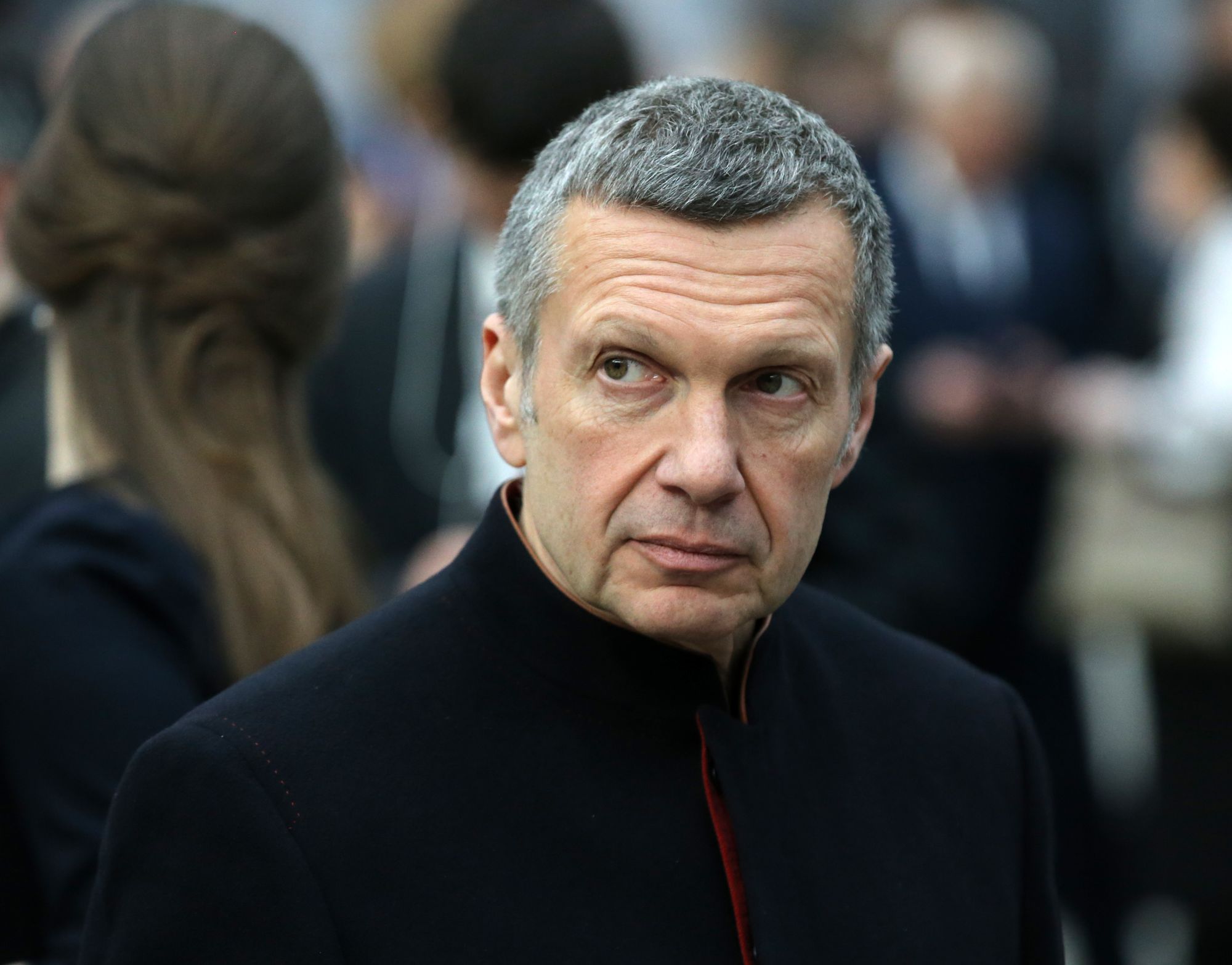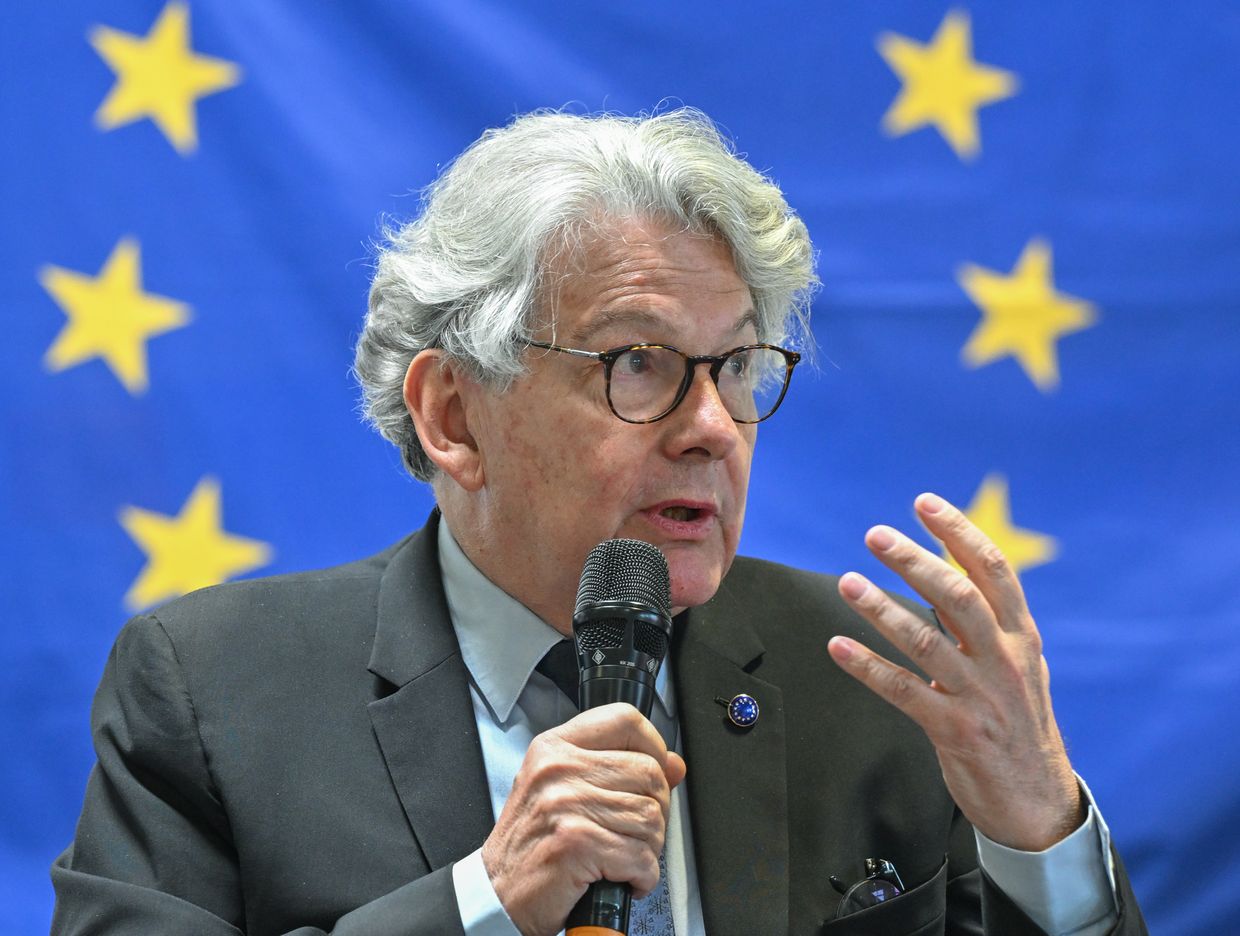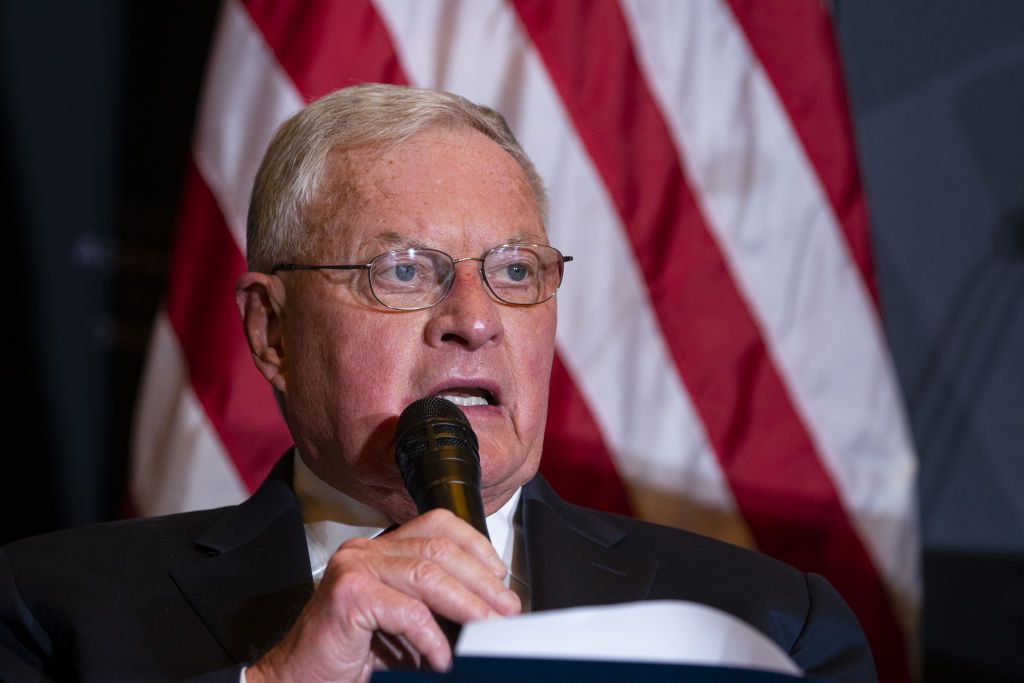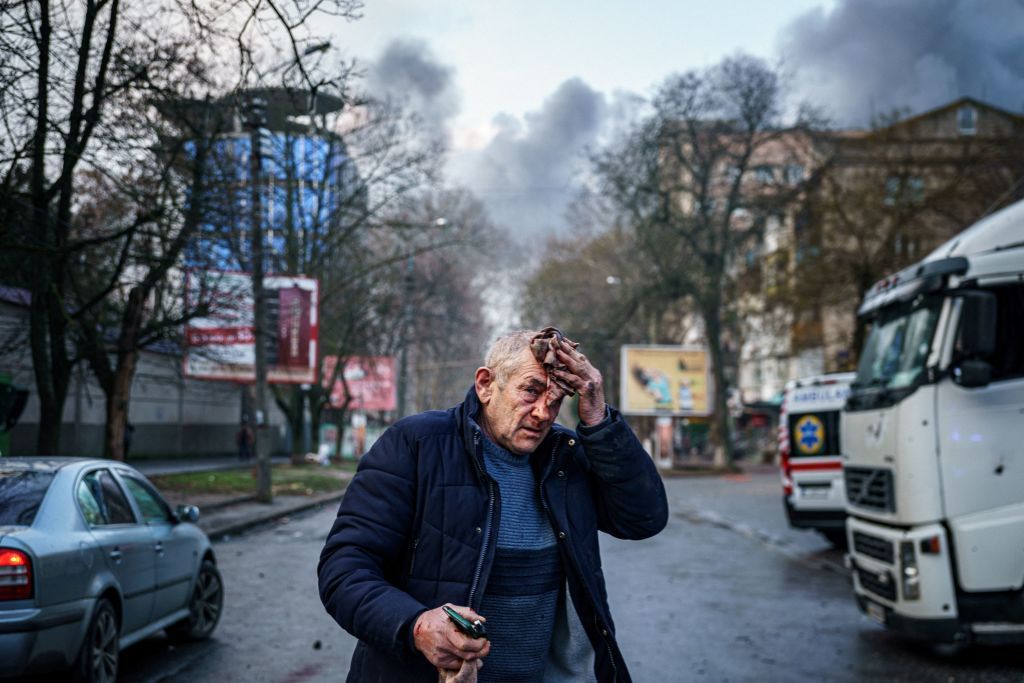Ukraine war latest: IСС issues arrest warrants for Russia's ex-Defense Minister Shoigu, Russian army Chief Gerasimov

Key developments on June 25:
- International Criminal Court issues arrest warrants for Russia's Shoigu, Gerasimov
- Czech PM confirms Ukraine received first batch of shells under Prague-led initiative
- European Court of Human Rights finds Russia guilty of violating human rights in occupied Crimea
- Ukraine brings back 90 POWs from Russian captivity
- Ukraine's military intelligence says it set fire to ammunition depot in Russia's Voronezh Oblast
The International Criminal Court (ICC) announced on June 25 that it has issued arrest warrants for two Russian security officials leading the country's war effort.
Sergei Shoigu, head of Russia's Security Council, and Valery Gerasimov, chief of the General Staff of the Russian army, are charged with war crimes, particularly "directing attacks at civilian objects," and "causing excessive incidental harm to civilians or damage to civilian objects."
Shoigu and Gerasimov are accused of the "crime against humanity." The charges relate to Russian strikes on Ukraine's energy infrastructure between October 2022 and March 2023, the ICC said.
Shoigu served as Russia's defense minister at the time of the alleged crimes.
The court found that "there are reasonable grounds to believe that the alleged strikes were directed against civilian objects."
While the energy infrastructure "may have qualified as military objectives at the relevant time," the ICC said that "the expected incidental civilian harm and damage would have been clearly excessive to the anticipated military advantage."
"Every criminal involved in the planning and execution of these strikes must know that justice will be served. And we do hope to see them behind bars," President Volodymyr Zelensky reacted on X.
The ICC's decision "clearly demonstrates that no military rank or cabinet door can shield Russian criminals from accountability," Zelensky said.
The charges against Shoigu and Gerasimov follow similar arrest warrants issued against two lower-ranking Russian commanders deemed allegedly responsible for carrying out strikes on Ukraine's electrical infrastructure during the same time period.
Lieutenant General Sergei Kobylash and Admiral Viktor Sokolov "are each allegedly responsible" for a number of war crimes, including "directing attacks at civilian objects," the ICC said in March 2024.
Only the 2023 winter strikes had caused an estimated $10 billion in damages across Ukraine and left 12 million people with no or limited access to power, according to the United Nations Development Program.
The ICC also issued arrest warrants in March 2023 for Russian President Vladimir Putin and Maria Lvova-Belova, the presidential commissioner for children's rights, for the forcible transfer of children from Russian-occupied parts of Ukraine.
Russia withdrew from the ICC in 2016 following the court's criticism of Russia's illegal annexation of Crimea.
Czech PM confirms Ukraine received first batch of shells under Prague-led initiative
Ukraine has received the first batch of artillery shells under the Czech-led initiative, Czech Prime Minister Petr Fiala said on June 25.
Czech President Petr Pavel said in February that Prague had identified 500,000 155 mm shells and 300,000 122 mm shells outside Europe that could be bought and sent to Ukraine after the necessary funds were allocated to the initiative.
Several countries, including the Czech Republic, Germany, Denmark, Portugal, Canada, and the Netherlands, have since contributed funds to the Czech initiative, which may result in the delivery of 1.5 million rounds to Kyiv, Czech Foreign Minister Jan Lipavsky said in late March.
More than 1.6 billion euros ($1.7 million) have been allocated for the effort, according to the prime minister.
"The first shipment of ammunition from our initiative arrived in Ukraine some time ago. We are doing what it takes," Fiala said.
Lipavsky said in mid-June that the first shells purchased under the initiative were arriving in Ukraine "these days."
Czech officials did not specify the amount of incoming ammunition.
Pavel launched the initiative against the backdrop of Ukraine losing the key front-line city of Avdiivka in February amid a severe ammunition shortage.
Russia has since intensified aerial attacks on Ukrainian cities and launched a new offensive in Kharkiv Oblast, which has reportedly been halted by the first line of defense.
Moscow is still outpacing the West in securing artillery supplies on international markets, the Czech government said, fearing that delayed payments to arms companies could result in millions of munitions being shipped to Moscow rather than Kyiv, the Financial Times reported in late May.
European Court of Human Rights finds Russia guilty of violating human rights in occupied Crimea
The European Court of Human Rights (ECHR) found Russia guilty on June 25 of committing a "pattern or system of violations" of human rights in occupied Crimea since the peninsula was illegally annexed in 2014.
The decision stems from several complaints Ukraine brought to the court in the years following Russia's occupation of Crimea.
Ukraine argued that Russia had engaged in a "campaign of repression," which included "disappearances; ill-treatment; unlawful detention; impossibility to opt out of Russian citizenship; suppression of Ukrainian media and of the Ukrainian language in schools; pre-trial detention in overcrowded conditions; prosecution and conviction on fabricated charges without a fair trial in reprisal for any pro-Ukrainian stance; and, transfers from Crimea to prisons in Russia."
The court unanimously ruled that Russia was guilty of violating 11 different articles of the European Convention of Human Rights:
- the right to life
- the prohibition of inhuman or degrading treatment
- the right to liberty and security
- the right to a fair trial
- no punishment without law
- the right to respect for private and family life
- freedom of religion
- freedom of expression
- freedom of assembly
- prohibition of discrimination
- limitation on (the) use of restrictions on rights
The court also found that Russia had violated three protocols of the European Convention: the protection of property, the right to education, and the freedom of movement.
Lastly, the ECHR ruled that Russia had failed in its obligations to "furnish necessary facilities for the examination of the case" and that Russia "had to take measures as soon as possible" to bring back prisoners illegally transferred from occupied Crimea to Russia.
While the court's ruling did not address the legality of Russia's unlawful annexation, it said that Russia had a duty "to respect the laws already in force on occupied territory, which in this case would have been the pre-existing Ukrainian law."
Ukraine brings back 90 POWs from Russian captivity
Ukraine has brought back 90 people from Russian captivity on June 25 as part of a prisoner exchange, President Volodymyr Zelensky said.
The released captives include 32 personnel of the National Guard, including those who defended the Chornobyl Nuclear Power Plant, 18 border guards, 17 personnel of the Navy, 15 soldiers of the Armed Forces as well as eight of the territorial defense, the Coordination Headquarters for the Treatment of Prisoners of War reported.
Ukraine brought back 59 defenders of the city of Mariupol, including 52 soldiers who left its stronghold — the Azovstal steel plant, according to the headquarters.
The former captives were exchanged for 90 Russian soldiers, the Russian state news agency RIA Novosti reported, citing the country's Defense Ministry.
"We remember all our people in Russian captivity. We continue to work for the release of everyone. We are looking for the truth about everyone who may be held by the enemy," Zelensky said.
This is the 53rd prisoner exchange since the outbreak of the full-scale war. As of May 31, 3,300 Ukrainian soldiers have been freed from Russian captivity, Ukraine's Ombudsman Dmytro Lubinets said.
The headquarters thanked the United Arab Emirates for their role in facilitating the latest exchange.
The previous prisoner exchange occurred on May 31, with 75 Ukrainians freed from Russian captivity.
Before that, on Jan. 3, 230 prisoners were exchanged in the largest prisoner exchange since the start of Russia's full-scale invasion.
Kyiv aims to conduct an all-for-all prisoner exchange, which was one of the subjects at Ukraine's peace summit in Switzerland in mid-June.
Ukraine's military intelligence says it set fire to ammunition depot in Russia's Voronezh Oblast
Ukraine's military intelligence agency (HUR) set an ammunition depot ablaze in Russia's Voronezh Oblast on June 25, the agency's press service said.
The depot is located some 70 kilometers (43 miles) from the border with Ukraine's Luhansk Oblast.
The agency shared a video that showed a large plume of smoke in the distance, which it said came from the ammunition depot.
Ukrainian forces regularly conduct drone strikes and sabotage acts on Russian territory, targeting military assets, oil refineries, and industrial facilities.
The Kyiv Independent couldn't independently verify the military intelligence claim.

















